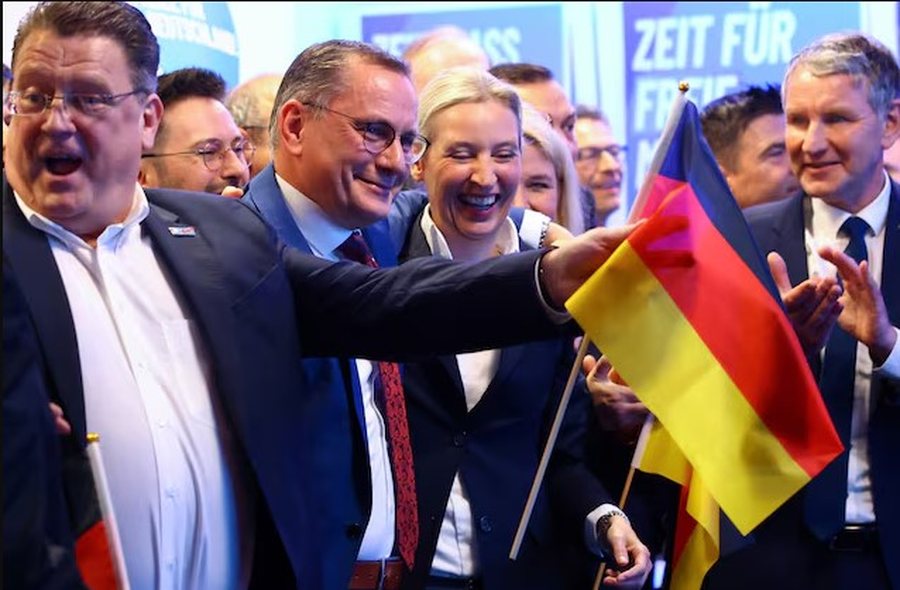
For the first time since World War II, a far-right party has come second in a German national election. The Alternative für Deutschland (AfD) managed to secure the support of one in five Germans, marking a historic moment for the country's politics.
The AfD has changed significantly since its founding in 2013, moving from a party of libertarian economists to an anti-immigration movement, writes A2 CNN. According to forecasts, the party has won about 20% of the vote, but its chances of entering government remain low, as other parties maintain a "protective wall" to keep it out of government.
Reactions after the result
AfD leader Alice Weidel called the result a victory and said her party was now “a mainstream party.” She stressed that the AfD would continue to work towards entering government and warned that it could emerge as the leading force in the next election. Meanwhile, AfD supporters celebrated at the party’s headquarters, where one of its members, Gilbert Kalb, said that the conservatives were now adopting their political positions.
Impact on young people
The AfD, traditionally known as a party of pensioners, has made inroads among young people. Exit polls showed that 22% of voters aged 25-34 supported the party, compared with just 10% of those over 70.
However, despite the increase in votes, the result did not meet the party's most optimistic expectations. The AfD remains under surveillance by security services, which consider it a threat to Germany's constitutional order. (A2 Televizion)











